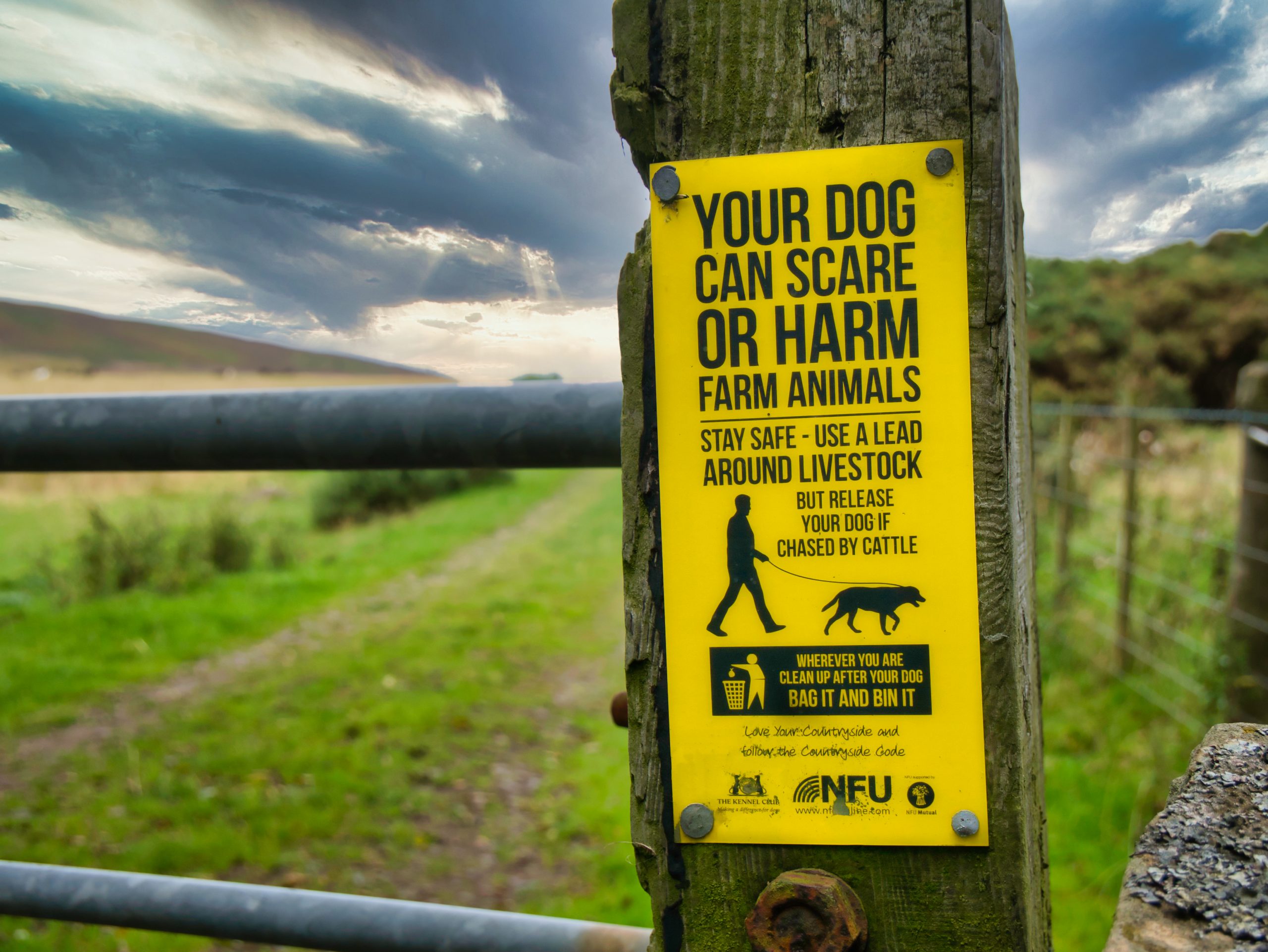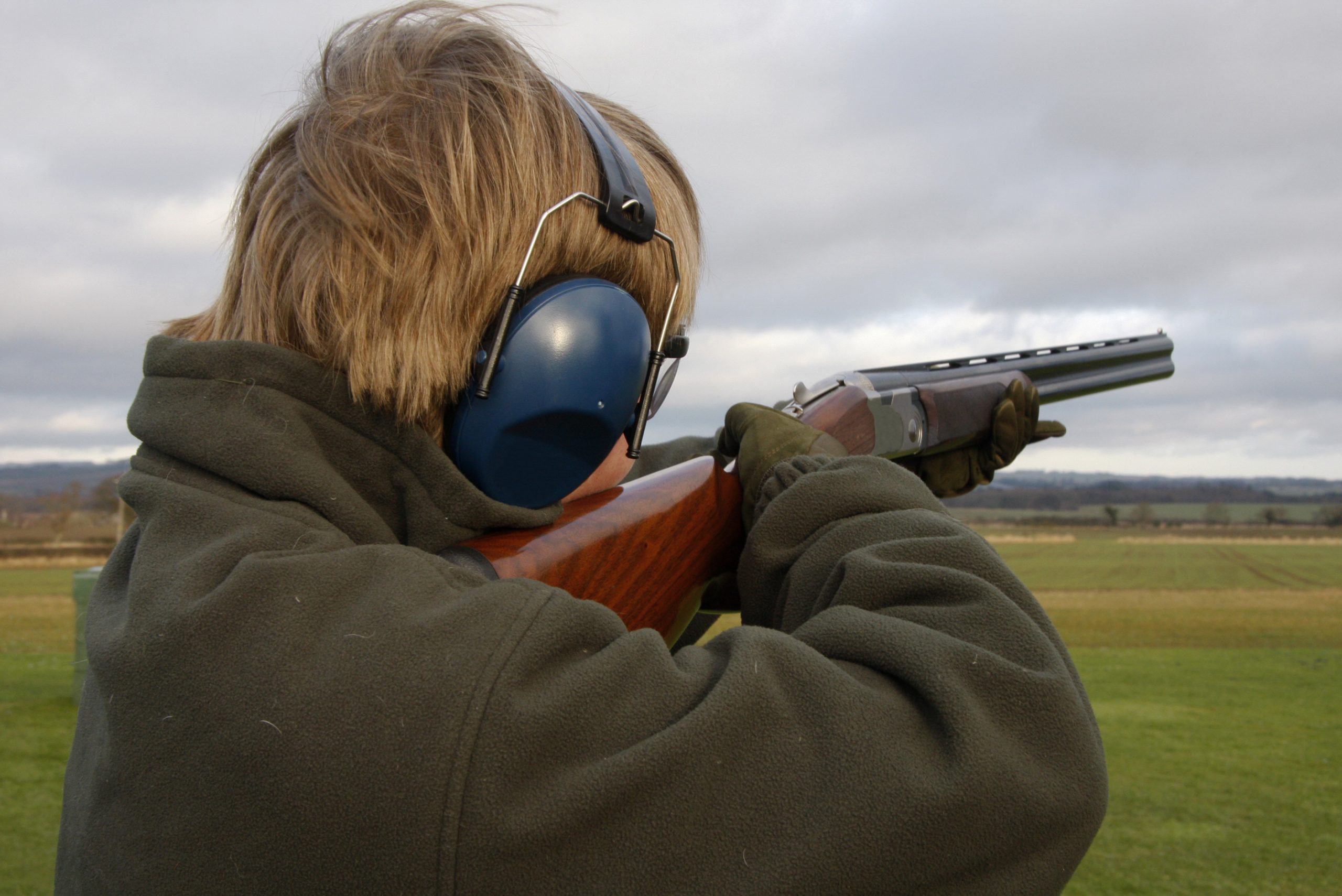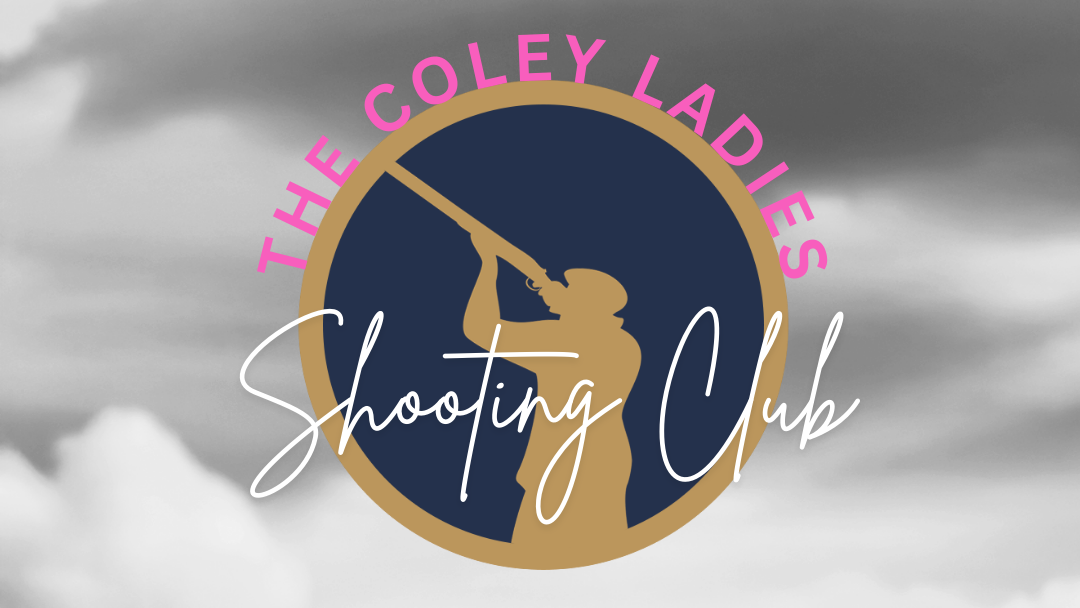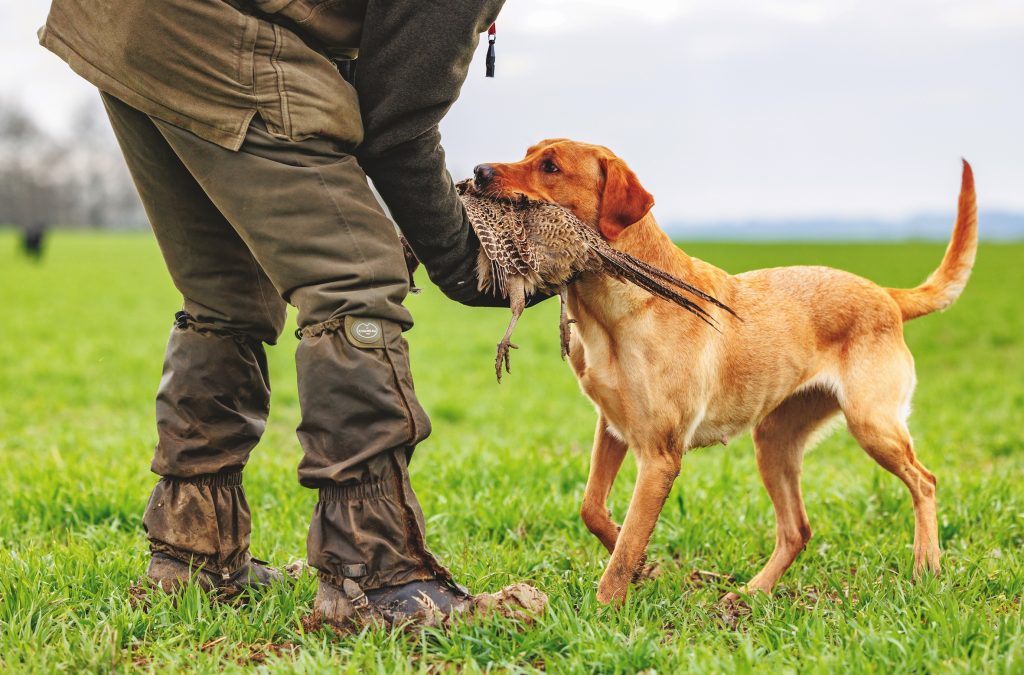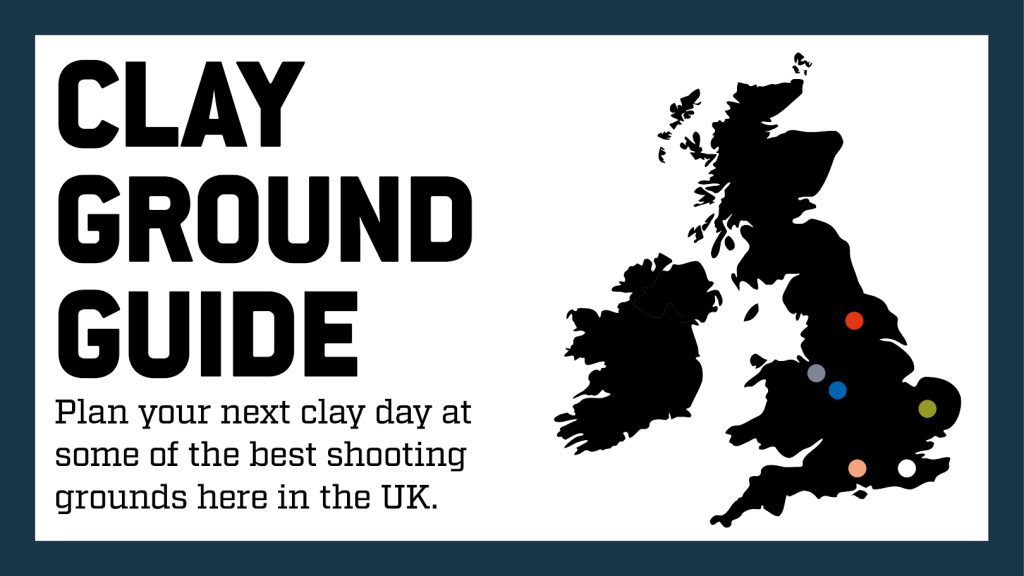Choosing a gun
Sporting Shooter’s 13 top tips
Sporting Shooter’s 13 top tips
A gun is a big investment, so you’ll want to be sure of spending your money wisely.
TIP 1: Think about what sort of shooting you plan to do. Will you mostly be shooting clays at your local ground, or are you buying a gun for pigeon shooting or pest control? Some guns are specialist tools for a particular job.
TIP 2: For most shooters a good all-rounder will be the best choice. A Sporting or Field model over-and-under will be fine for most types of shooting, and is probably the best choice if you aren’t yet sure what type of shooting you will end up doing.
TIP 3: If you are just taking up shooting, remember it’s quite likely that you will trade in your first gun at some point – either because you’ve decided that shooting is not for you (hopefully not!), or because you want to upgrade. For this reason, it makes sense to buy a first gun that will be easy to sell on or trade in.
TIP 4: You might want to look at a second-hand gun, which won’t depreciate in value as much as a brand new gun would. You could buy a second-hand over-and-under for, say, �700-800 and sell it a year later for a similar sort of price. It’s like cars – buy a new one and its value has dropped by the time you get it home, because it’s no longer new.
TIP 5: Some people are tempted by historic or interesting guns and the bonus is that these often appreciate in value. However, buying a classic gun is a specialist subject and should only be considered with advice from an expert, such as Sporting Shooter’s Diggory Hadoke. Find out more about Diggory and his classic guns here �
What sort of gun should I go for?
TIP 6: You can’t go far wrong with a basic-grade 12-bore over-and-under to get you started. The Beretta Silver Pigeon, Mirokus and Browning 525 are all worth considering. For more suggestions look in the budget guns section of our gun buyer’s guide. Any of these guns, looked after properly, will hold their resale value well.
TIP 7: Youngsters and people of lighter build may want to opt for a 20-bore as they are lighter to carry and recoil less.
TIP 8: It’s advisable not to go for extremes of barrel lengths – 28 or 30in will do the job just fine for clays, pigeons and pests, and if you’re lucky enough to be invited along to a pheasant shoot too. By choosing the appropriate cartridges (talk to your local gun shop about this), you can vary the the patterns, ranges and targets to suit them all.
TIP 9: Multi-chokes are useful because they make the gun more versatile. If you buy a fixed choke gun, go for ‘improved cylinder’ or quarter and half choke, which will do for 95% of shooting.
TIP 10: If recoil may be a problem, perhaps due to an old injury, you might want to think about a semi-auto, as these recoil much less than a normal over-and-under or side-by-side. A semi-auto is also advisable if you’re planning to go wildfowling, as you will need to fire heavier cartridges that recoil more.
Read up on Sporting Shooter’s preferred guns in our Gun Buyer’s Guide here �
Who should you buy from?
TIP 11: For your first gun, it is a good idea to buy from your local gun shop/dealer – he knows what he’s talking about and will be able to advise you on what best suits your needs and budgets. You’ll also have the protection of a warranty at a gun shop – buy it privately and you may save a few quid but you have no guarantee or after-sales service; if the gun develops a fault, you’re on your own. A gun dealer will also be able to check that your chosen gun is a reasonable fit for you.
TIP 12: It’s a good idea to go to a gun dealer that is associated with a local clay shooting ground – then you can shoot some clays to make sure the gun suits you before you hand over your cash.
TIP 13: Remember to save enough money for a gun cabinet, a good gun cleaning kit, a gun sleeve and a lesson or two.
Got a question? Post it on our general forum here �
Find your local gun dealer here �

